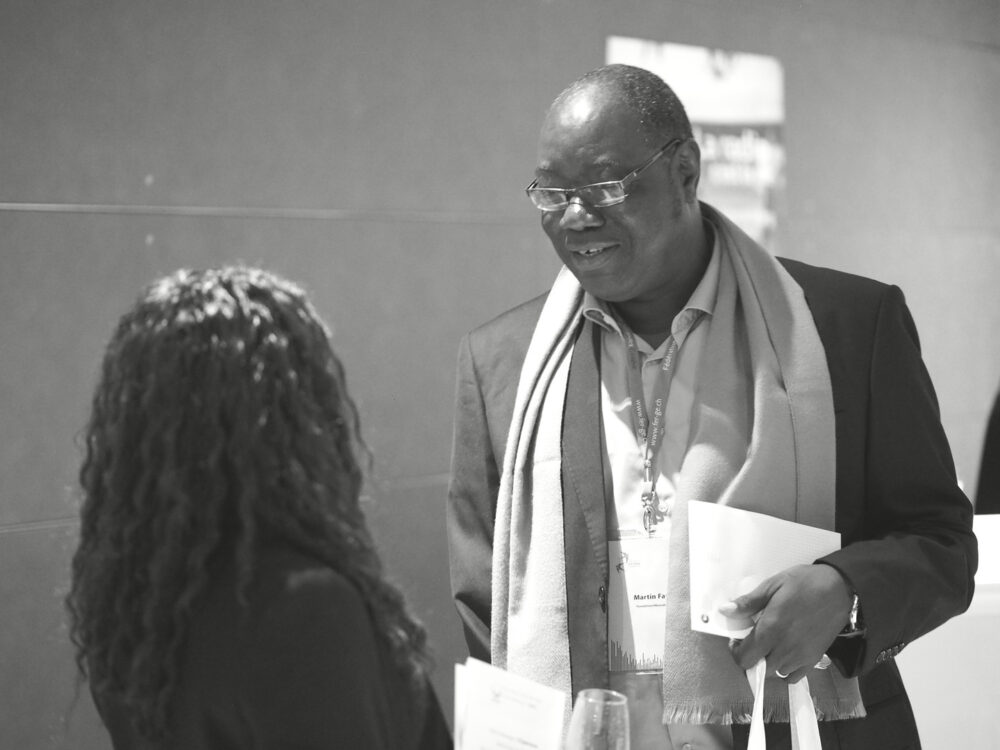The countries of the Sahel, a west african region struggling with numerous security and development challenges, are facing major obstacles in the media field. The countries I am reffering to are Mali, Niger and Burkina Faso, all ruled by authorities who came to power through a coup. The Sahel region, which is currently a hotbed of international competition and geostrategic struggle, is also a perfect example of the multiple crises affecting journalists and local media, confronting them with multiple challenges.
These challenges include a shrinking civic space and growing insecurity for journalists. Reporters without Borders rang the alarm more than a year ago: ‘the Sahelian strip is becoming a zone of free non-information where the treatment of patriotic information has taken precedence over independent, quality journalism’. In these three countries marked by coups and prey to jihadist attacks, the ‘summonses, requisitions and detentions’ of journalists critical of the government have ‘one objective: to install a climate of fear and encourage self-censorship’. The international media have been kept out of the field, their broadcasting suspended, and their foreign correspondents forced to leave, sometimes expelled by the authorities.
It is in this difficult context that the Fondation Hirondelle has chosen to operate and remain, when many other players have withdrawn. Studio Tamani has been operating in Mali for 10 years. In Niger, Studio Kalangou was launched in 2016. Studio Yafa in Ouagadougou has been on air since 2018. These media provide information and debates for dialogue on the socio-economic and political life of the country, producing and broadcasting radio programmes in 12 languages to more than 7 million people every day, through a network of 202 partner radio stations. These media, that remain vitally useful,are practising a journalism of general interest, as per the basis of their editorial charter, and which constitute a major link in the social chain through the news they bring and the services they provide. I deeply thank the various FH newsrooms in the Sahel, these valiant teams, constantly at the forefront to produce fair, credible, useful and non-partisan information. You are one of the last refuges of public service in the region.
You must never give up. Even in this context of conflict, the FH media and those it supports remain essential. They need support, and that must be long-term. Indeed, it is a matter of long-term vision of this sector being a key sector for society that must be there before, during and after crises.
The financial viability of independent media is the major challenge facing our continent. Just think of the disastrous consequences of a possible withdrawal of partners from the development of independent media : several international powers are already ready to fill the gap. Proposals from foreign media for partnerships to broadcast joint content on social networks are multiplying. The Fondation Hirondelle studios are turning down these offers to remain independent. But many local media in financial difficulty might be tempted to accept.
Martin Faye

